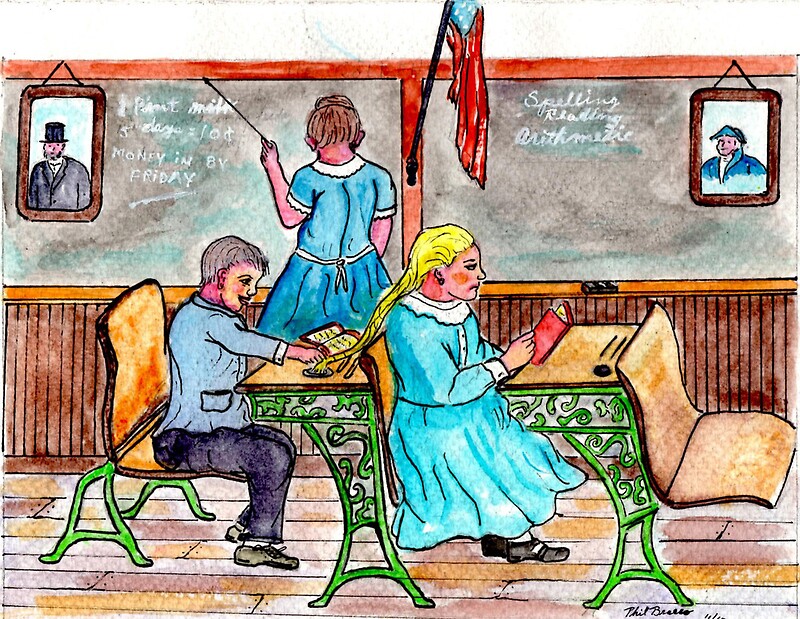Call to Action: Weigh In On Changes to COPPA | Truth in American Education
Call to Action: Weigh In On Changes to COPPA
A federal law protecting children under the age of 13, The Children’s Online Privacy Protection Act of 1998 (or COPPA), is about to be weakened by the FTC. Parents, teachers, those who care about children should pay attention. If you think parents should have a say in how their young child’s information is collected and shared and used on the internet– NOW is the time to speak up.
If you are not familiar with COPPA, this
November 3, 1999 notice in
The Federal Register summarizes the intent and purpose of COPPA when it was passed. Below are a few excerpts
“Congress enacted the COPPA to prohibit unfair or deceptive acts or practices in connection with the collection, use, or disclosure of personally identifiable information from and about children on the Internet.”
“The Rule implements the requirements of the COPPA by requiring operators of websites or online services directed to children and operators of websites or online services who have actual knowledge that the person from whom they seek information is a child
(1) to post prominent links on their websites to a notice of how they collect, use, and/or disclose personal information from children;
(2) with certain exceptions, to notify parents that they wish to collect information from their children and obtain parental consent prior to collecting, using, and/or disclosing such information;
(3) not to condition a child’s participation in online activities on the provision of more personal information than is reasonably necessary to participate in the activity;
(4) to allow parents the opportunity to review and/or have their children’s information deleted from the operator’s database and to prohibit further collection from the child; and
(5) to establish procedures to protect the confidentiality, security, and integrity of personal information they collect from children. As directed by the COPPA, the Rule also provides a safe harbor for operators following Commission-approved self-regulatory guidelines.”
https://www.govinfo.gov/content/pkg/FR-1999-11-03/pdf/99-27740.pdf
Bottom line, the FTC has made changes to COPPA guidance in the past but is now proposing several potentially big changes to COPPA,
including removing parent consent for when a child’s school asks the student to use online apps and platforms (edtech) such as ClassDojo, iReady, Google, YouTube, etc. See here (Section E. Question 23 covers the edtech consent exception)
Exceptions to Verifiable Parental Consent:
“Should the Commission consider a specific exception to parental consent for the use of education technology used in the schools? Should this exception have similar requirements to the “school official exception” found in the Family Educational Rights and Privacy Act (“FERPA”)…?”
*Speaking of FERPA, we know that FERPA was also weakened in 2008 and 2011, and removed parent consent before collecting and sharing student information with researchers, companies, contractors, consultants, volunteers, and other parties. Gutting FERPA by removing parent consent usurped parental rights; we should absolutely not make that same mistake by removing parent consent in COPPA.
The FTC is accepting public comment on these proposed changes to COPPA; the deadline to comment is Dec 9, 2019. Below is a short, easy to share CALL TO ACTION with links on how to comment and how to contact your Congressperson. Please
submit a comment and do SHARE this CALL TO ACTION widely. Thank you.
Click the link below to download the CALL TO ACTION.
Call to Action: Weigh In On Changes to COPPA | Truth in American Education























